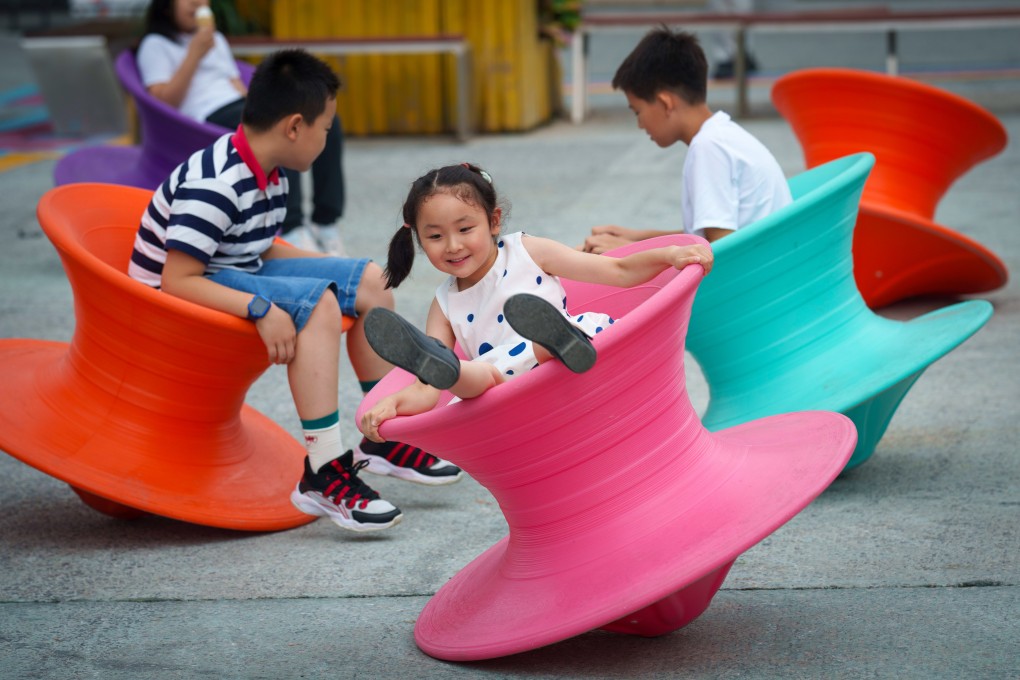Being Chinese | I am a Chinese mother. Hear me worry
Like Mencius’ mum, I want to give my son a better learning environment, including by moving house. Yet I also want him to be happy

My son is 29 months old and, already, I am anxious about his education. Recently, I have been thinking about moving from Beijing’s east to its west, where high-quality schools and learning resources are more abundant, as some of my friends with children have done.
The story goes that when little Mencius lived near a graveyard, he learned to wail like mourners and dig tombs. They moved near a market and he soon started to imitate people’s hawking and bargaining. Only when they moved near a school did the boy begin to study hard, eventually becoming a sage.
I do not expect my son to become a sage like Mencius. But I do, like Mencius’ mother, try my best to provide a better environment for him.

.JPG?itok=dEZdZ2Hn&v=1694149505)